The original Chicken Run (2000), which is generally considered the best riff on The Great Escape ever made starring stop-motion poultry, did not require a sequel — but here it is anyway. Now you’ll probably expect me to say that Chicken Run: Dawn of the Nugget isn’t a patch on the original so I will: it isn’t. It’s not bad-bad. It’s definitely something you can stick the kids in front of, given they don’t know any better. But it’s not nearly as inventive or funny or affecting and, while Aardman films have always looked and sounded like no other, this has a generic rather than a quirky, handmade feel. Chances are you’ve had bigger disappointments in life, but it is a disappointment all the same.
Chances are you’ve had bigger disappointments in life, but it is a disappointment all the same
Directed by Sam Fell with a screenplay by Karey Kirkpatrick, John O’Farrell and Rachel Tunnard, we find our chicken pals just where we left them: happily living on an island, having escaped from the evil Mrs. Tweedy and her pie-making venture. The island is a utopian paradise and brightly, cartoonishly colorful in a way that the original wasn’t. That opened darkly, with the chickens imprisoned in a World War Two-style concentration camp and before we go on, might I offer you a word of advice? Don’t re-watch the first film prior to starting this. It is not a good idea.
This time, Rocky is voiced by Zachary Levi instead of Mel Gibson, understandably, while Ginger is voiced by Thandiwe Newton instead of Julia Sawalha, inexplicably. They hatch a baby, Molly (Bella Ramsey), who has pluck, you could say, and grows up wanting to explore, like Simba from The Lion King, who also needs a good telling off. Molly escapes to the mainland where she is immediately entranced by the “Fun-Land Farm” trucks with their pictures of happy-seeming chickens sitting in buckets painted on the sides. “I want to live in a bucket!” she squawks excitedly. Usually these chickens are wonderfully endearing but Molly may well get on your nerves. A clip round the ear and to bed with no supper, if she were mine.
Fun-Land Farm, it turns out, is a Bond-like lair run by our old enemy, Mrs. Tweedy (Miranda Richardson), who now brainwashes her chickens via specially controlled collars so they go to their deaths in a blissed-out state. (It makes the meat taste better, she says in her sales pitch to a fast-food chain.) This is where Molly ends up and whereas the last film was all about breaking out, this time Ginger, Rocky and co. must break in if Molly is to be saved from becoming a bucket of nuggets. It’s intended, I think, as a spoof of films like Mission: Impossible, but it doesn’t send them up so much as emulate them, so it’s action set-piece after action set-piece after action set-piece, over and over. Surely we’ve earned a chunk of downtime, I kept thinking. But no, they were always on the move, and once you’ve witnessed them seeing off a security guard once, twice, a third time, do we need to see it for a fourth? The narrative is thin.
What we must want from Aardman is a certain Britishness — might we not have had chicken in a basket instead of a bucket? — and that human touch, right down to visible thumbprints in the clay. True, the stop-motion is immaculate but the backgrounds are now CGI and this has a flattening, Disneyfying effect. Meanwhile, the characters are so in service to the action sequences that too little attention is paid to their personalities and while there are a couple of good jokes, there aren’t nearly enough. Maybe I’m being too harsh. It’s fine for the kiddies — or anyone else who doesn’t know better.
This article was originally published in The Spectator’s UK magazine. Subscribe to the World edition here.



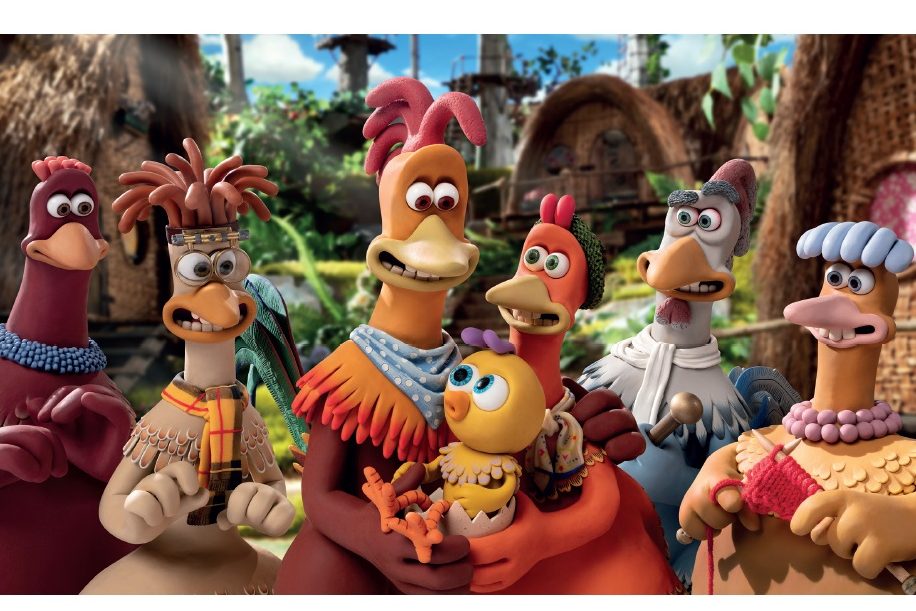


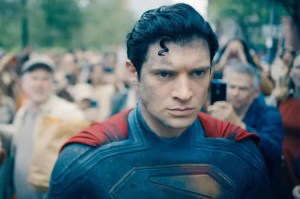



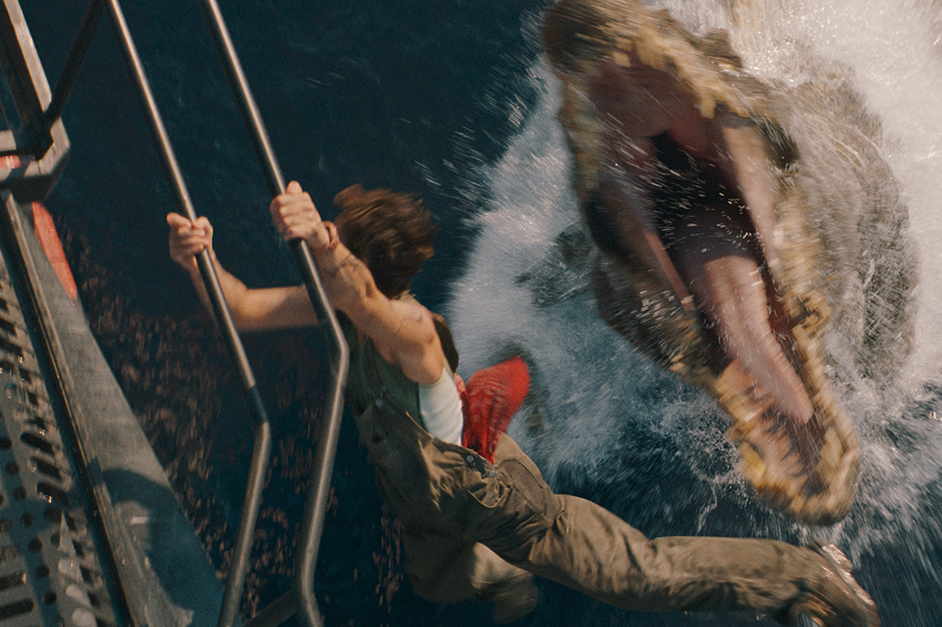
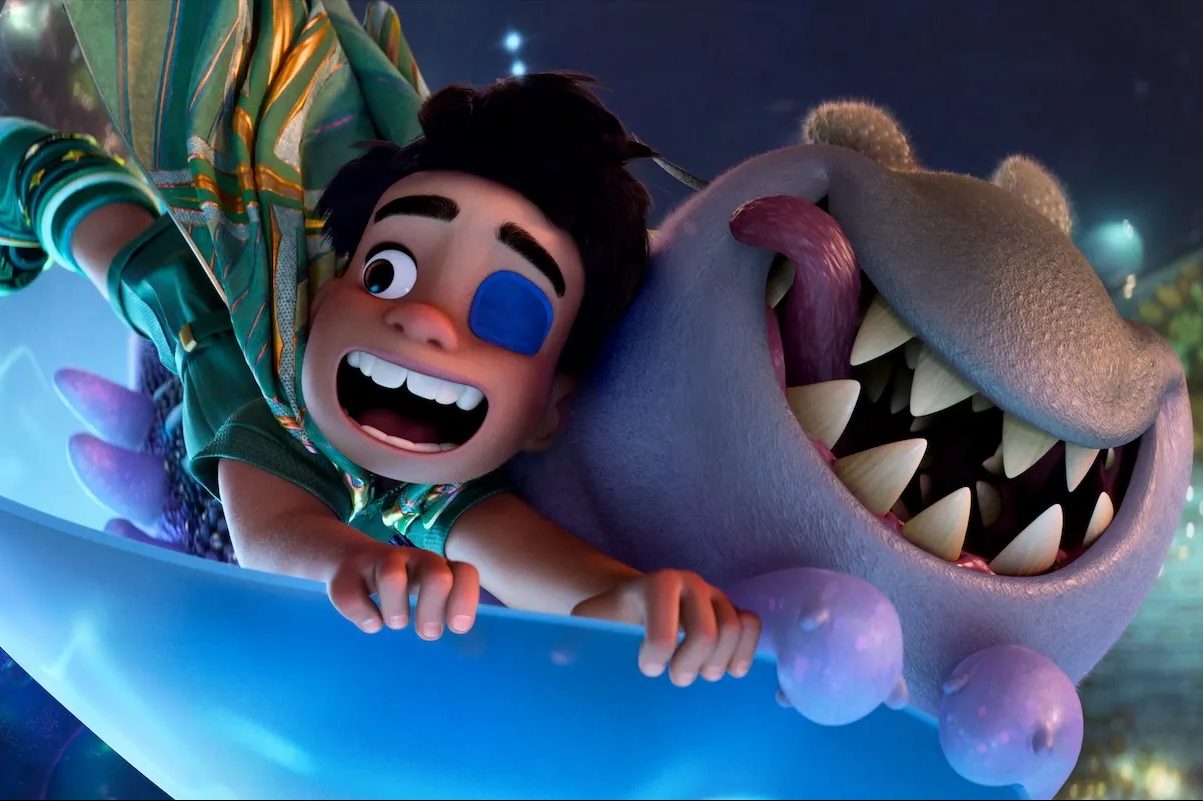
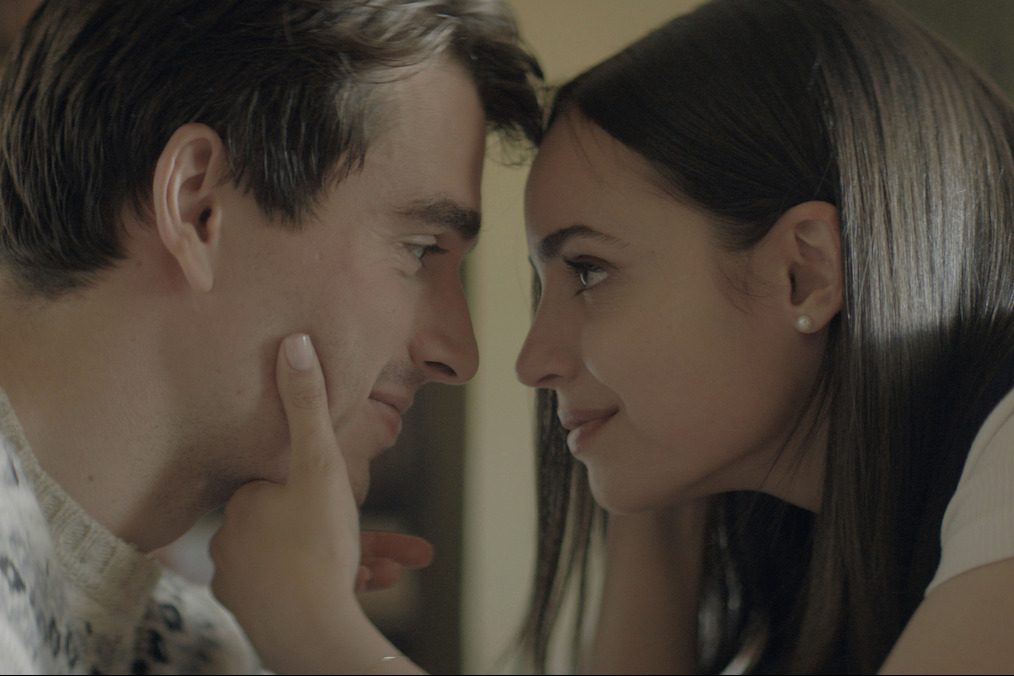









Leave a Reply